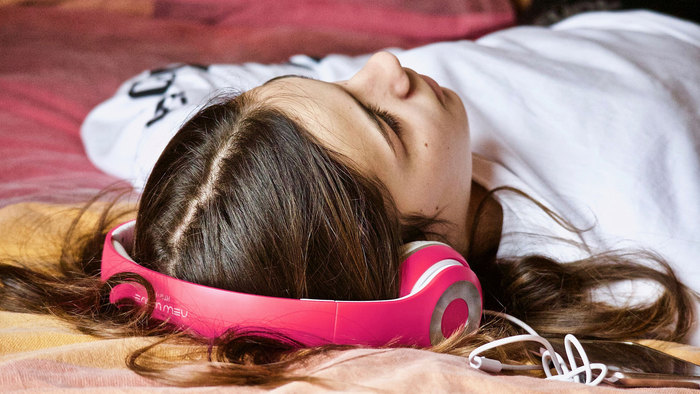Blog »
How to get a good night's sleep before a race
Published 7 October 2019. Written by Chris Worfolk.

Enjoying a good night’s sleep is always welcome and especially so the night before a race. But it can also be challenging if there are any pre-race nerves, or if you have to be up at silly o’clock in the morning. In this article, I will share some tips on how to get the most out of your sleep.
Don’t worry about it
A lot of athletes think that a good night’s sleep is key to a good performance. It is not.
Real fatigue takes time to build up. Try being a parent with a newborn. After a month of not sleeping properly because your baby is waking up every hour, that is fatigue. Missing one night’s sleep is fine. Sure, you might not feel great. But it will not hinder your performance once the adrenaline starts flowing.
If you cannot stop worrying about it, try using some self-compassion. It is hard. Do not worry if you are a mess before a race. If you are trying your best, who the hell cares?
Set a realistic bedtime
If you have to be up early, you want to be in bed early. But not too early. If you usually go to bed at midnight and you have to be up at 4 am to prepare for a race, there is no point trying to go to bed at 8 pm the night before in expectation of 8 hours of sleep. It will not happen. Life will get in the way, and even if you manage to get into bed on time, your chances of sleeping are slim.
Instead, maybe aim for 10 pm, remind yourself that you can perform well on a solid 6 hours, and go to bed at a time that gives you a chance of falling asleep.
If you absolutely need 8 hours, then this becomes far more complex. You need to start moving your bedtime earlier for at least a week beforehand if you want to have any chance of being asleep by 8 pm.
Avoiding insomnia
Nothing will keep you awake like the thought “I need to be asleep now”. If you start stressing about having to be asleep as soon as possible, you will keep yourself awake. Ironically, if you take my advice above and accept that you will perform fine on a lot less sleep, you will find it easier to drift off.
So, make a deal with yourself. It is okay if you cannot sleep. You are not going to worry about it. If you end up staying awake half the night, that is fine, because it does not matter. Sure, you will be a little blurry-eyed in the morning, but feeling normal once the start gun goes.
If you find yourself lying awake for more than 30 minutes, it is time to get up and do something. Read a book, watch TV, do a jigsaw. Spend half an hour doing something you enjoy. Give yourself permission to enjoy that time as “bonus time”. Then, when the time is up, try and sleep again.
Doing this is vital for several reasons. It breaks the cycle of lying there in bed, not sleeping, and therefore building up the expectation that you will not sleep. Second, it takes away the expectation that you will sleep - in fact, you are not even going to allow yourself to sleep - and that unloads the pressure and allows your body to relax.
Avoid sleeping aids
Try not to use any aids such as sleeping pills or alcohol in the hope that it will help you drift off earlier. It may do. However, it may not because it may raise your expectation of sleep and therefore make it more frustrating when you fail to do so. Alcohol, in particular, will also affect the quality of your sleep.
Second, even if it works, you may then find that you become psychologically dependent on them, thinking you have to take one before every race to get a good night’s sleep. And who wants to commit to a lifetime of that?
Conclusion
Sleep problems before a race are often down to athletes putting too much pressure on themselves, worrying that they need the sleep and trying to mess with their routine to fit a race schedule. Instead, stick to a plan that resembles your usual routine. Do not worry if you cannot sleep because humans can function fine on bad night's sleep. Stop worrying and start getting excited about the race.